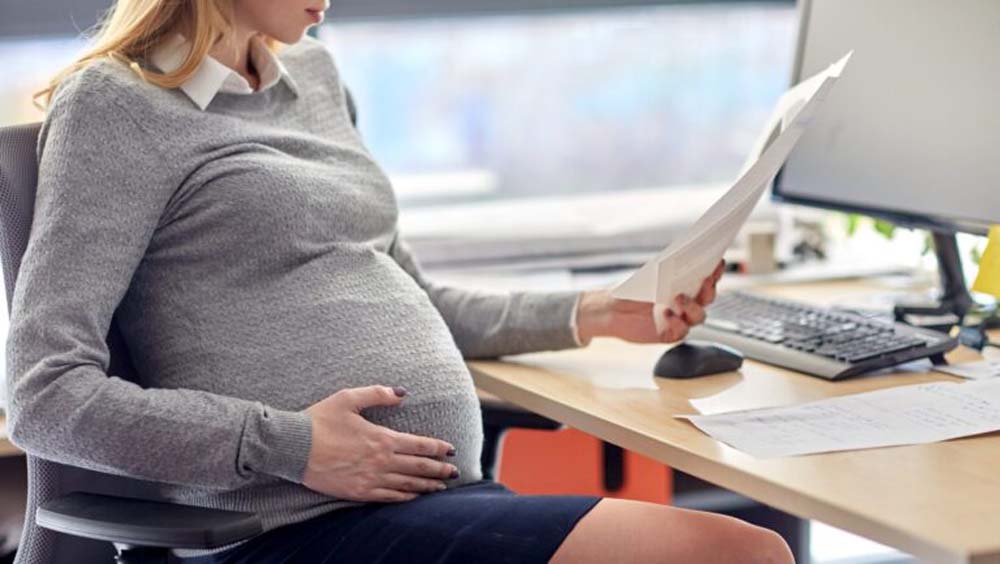
Women in California may have good reason to be concerned about pregnancy discrimination on the job. While the Pregnancy Discrimination Act of 1978 was intended to address this issue (the act amended Title VII of the Civil Rights Act of 1964 to designate it as a form of sex discrimination), women continue to report significant problems in the workplace.
Even after many large companies advertise benefits like parental leave and work-life balance, many expecting mothers have found that their workplaces continue to pass them over for responsibilities and promotions.
For women who have jobs that are physically active, they are often refused permission to take extra breaks or bring supplies like snacks or water bottles. In some cases, pregnant women have been refused special accommodations, like moving only lighter packages until the end of their pregnancies.
In addition, statistics show that motherhood continues to impose a downward pressure on women’s wages. This is the opposite of the effect of fatherhood on men’s wages. While women’s wages decline by 4 percent each time they have a child, men’s earnings increase by 6 percent on average when they become fathers.
While some may expect that pregnancy discrimination would be on a downward trend, the opposite is true. This year, pregnancy discrimination claims are at an all-time high after a steady rise over the past 20 years.
In addition, many women returning to work experience discrimination after maternity leave. This includes a decline in pay, responsibilities or title. According to the law, pregnant women should be treated like any other workers with temporary disabilities.
Despite the protections of the law, however, pregnant women continue to deal with workplace discrimination on a daily basis. A woman who has faced pregnancy discrimination can work with an employment lawyer who can take action.
